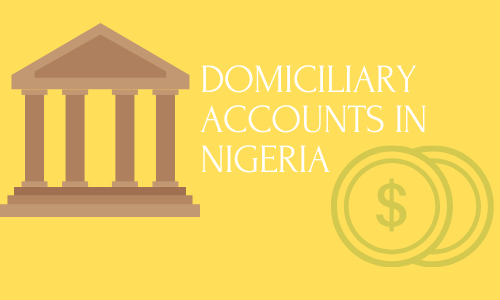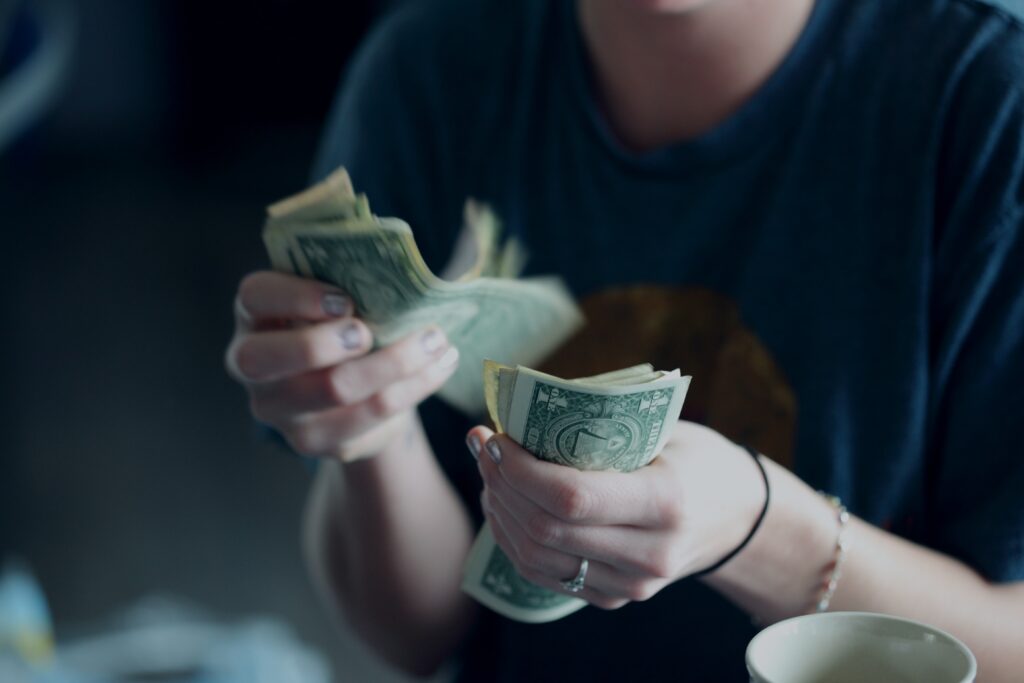
Saving and investing in foreign currency (FX) is one of my top strategies to preserve the value of my money. If diversifying into foreign currency is good enough for Africa’s richest man then I am happy to emulate the approach that he is taking to preserve his wealth. Domiciliary accounts are relatively common in Nigeria because of the prevalence of use of the dollar in this economy as a currency for commerce and store of value.
This post provides an overview of domiciliary or ‘dom’ accounts and will cover heir features as well as how they work.

FX in Nigeria
Nigeria is unique in its approach to FX which is complex and a story for another day! At the heart of it is the Central Bank of Nigeria’s approach to management of the Naira. In other African countries, such as Kenya, the dollar and other foreign currencies are freely available and can be purchased and sold at a bureau de change (BDC) without the need for justification or documentation. In Nigeria, however, there are official and unofficial ways of buying fx with the official methods requiring documentation a valid reason and for the transaction to be ‘permissible’.
How to get hold of foreign currency
Official routes
The Central Bank of Nigeria manages the value of the naira in relation to other currencies by setting rules for where and for what fx can be bought and sold and intervening in those markets (by buying and selling fx) in order to keep the rates at those markets within its target.
Individuals can currently access dollars at the official rate for a fixed number of purposes including:
- Travel
- Medical bills
- School fees
- Mortgages
Let’s look at the travel allowance regime:
| Approach | Features |
| Personal travel allowance (PTA) | – CBN allows you to access dollars for international travel at the official rate set by it – Rate is set by CBN – Allowance is up to $4,000 per quarter – To be eligible you must provide evidence of travel to a destination over 5 hours away by air – Documentation includes a return flight ticket and a completed form A. Application is online and collected through your bank |
The process is similar for other eligible transactions such as medical expenses, which have a limit of $15,000 per quarter, provided documentary and other requirements are met.
The reality is that the cash is not always accessible or achievable and many individuals require dollars to be able to do other things like save and invest. The rest of the demand is met in the black market.
The Black market
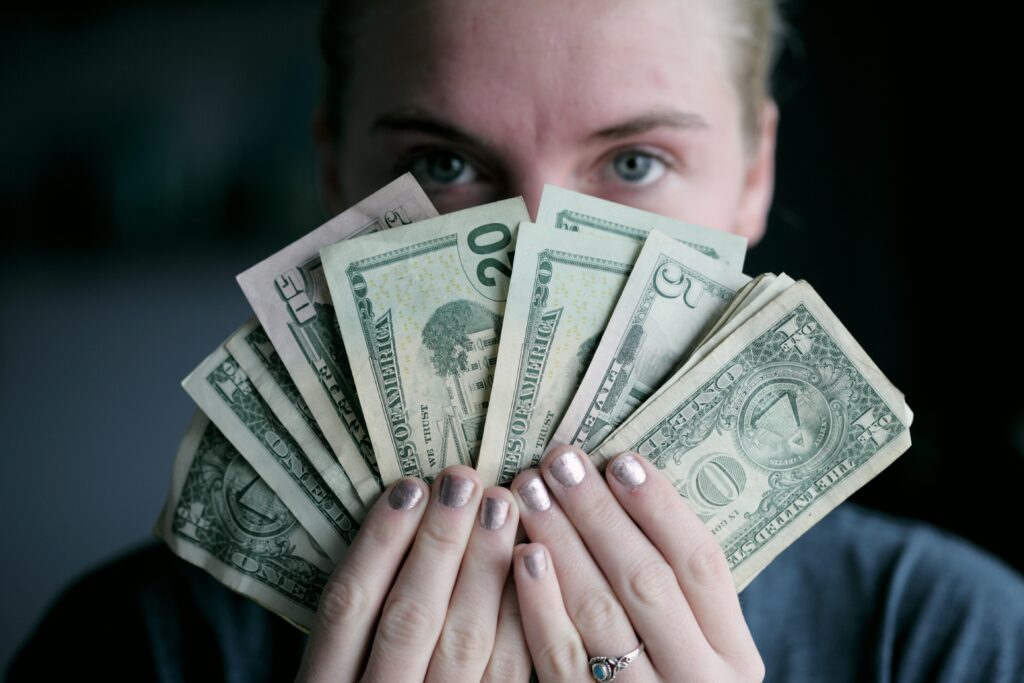
The black market is the ‘unofficial market’ where foreign currency is available without restriction or documentation being required. The challenges are identifying legitimate dealers who won’t disappear with or sell you counterfeit money. Many dealers will provide you with cash rather than a transfer into your account so the convenience factor is also something that you should think about.
| Approach | Features |
| Black market | – No documentary requirements – No CBN intervention so rates are determined by the market and can often be 20%+ percent more expensive than the official rate – Transactions with BDCs, dealers and bilateral (individually agreed) transactions are less secure and open – Determining a price, given the lack of transparent price providers can be tricky – FX can be accessed for any transaction type |
Domiciliary accounts
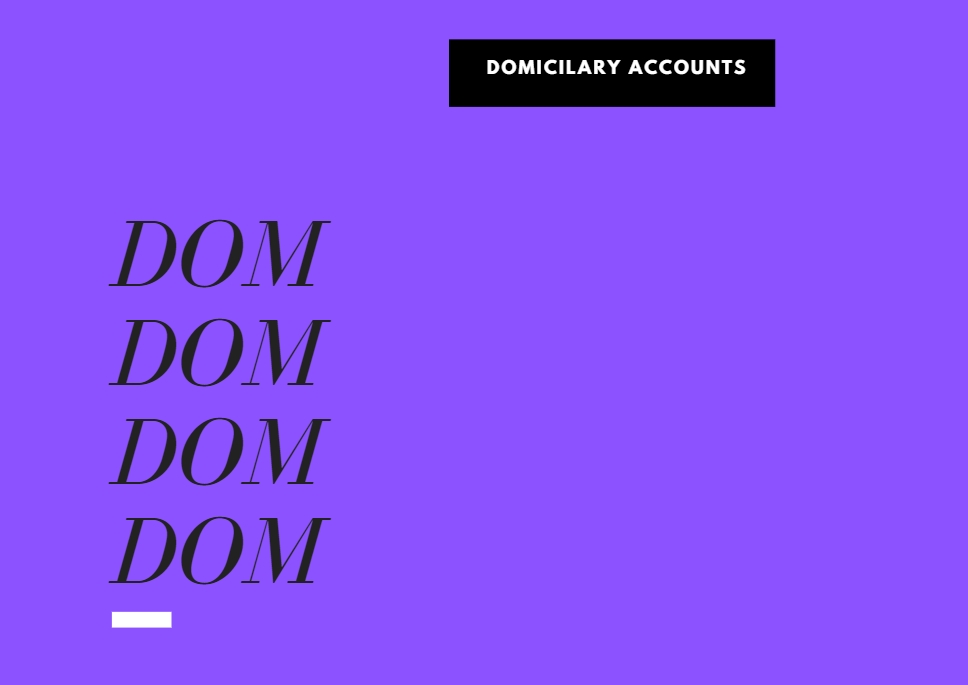
Once you have the dollars you can keep them in cash or in your dom account.
Opening a domiciliary account
Dom accounts are straightforward to open: First identify a bank that offers them and then go through their account opening process which is the same as for a local currency account. You will need current identification, proof of address, NIN (National identification number), BVN (Bank verification number) and to fill an account opening form.
Dom accounts are available from the major banks and I recommend opening one at an International bank. Why so? Despite assurances given by the CBN that ‘they have no plans to convert dollar account holdings to naira’, this is Nigeria, the land where many unplanned things happen with little to no thought of the impact or consequences. My thinking is that International banks are less likely to be toyed with and may have the backing of foreign regulators who may be able to intervene and influence if anything untoward were to happen.
Charges
Your bank will usually apply charges to the accounts, these include:
- Account maintenance
- Transfer fees
- Card issuance fees
Compared to a local currency, domiciliary accounts can be more expensive to run and you need to be prepared for this – I am yet to carry out a comparison of different banks but there may be an opportunity to save money by shopping around. Overall you should see the charges as a cost of preserving the value of your money, the increase in charges will be less than the devaluation of the currency.
Using your domiciliary account
Dom accounts give you access to a number of features which make it easy to make use of the foreign currency you have in your dom account.
Transfers to and from your account
Inward transfers. Dom account holders can receive payments, via transfer, into their accounts from local domicilary accoutns and from international accounts. Given that the transfer is in the same currency charges relating to the transfer are the only thing that will be paid. You will need to provide precise account details, which your bank can proivde, to the sending bank to ensure that the funds are remitted correctly. Funds that have been transferred into a dom account can be used freely for transactions.
Outward transfers. Dom accounts provide the ability to transfer to another around the world held in the same currency. Some banks also allow you to transfer from an account held in one major currency to one in another e.g. transfer from your $ dom account to a UK sterling account in the UK. Be aware that the receiving bank will convert the cash to the currency of the account being transferred to so this might be detrimental due to the exchange rate that will be applied by the receiving bank.
There is the opportunity to make money from receiving cash into your dom accountCBN introduced, in March 2021, the ‘Naira 4 dollar scheme’ to encourage continued inflows in diaspora remittances into the country. For every $1 of foreign currency inflows received into the dom account the receiving bank will pay you ₦5.
Cash deposits and withdrawals
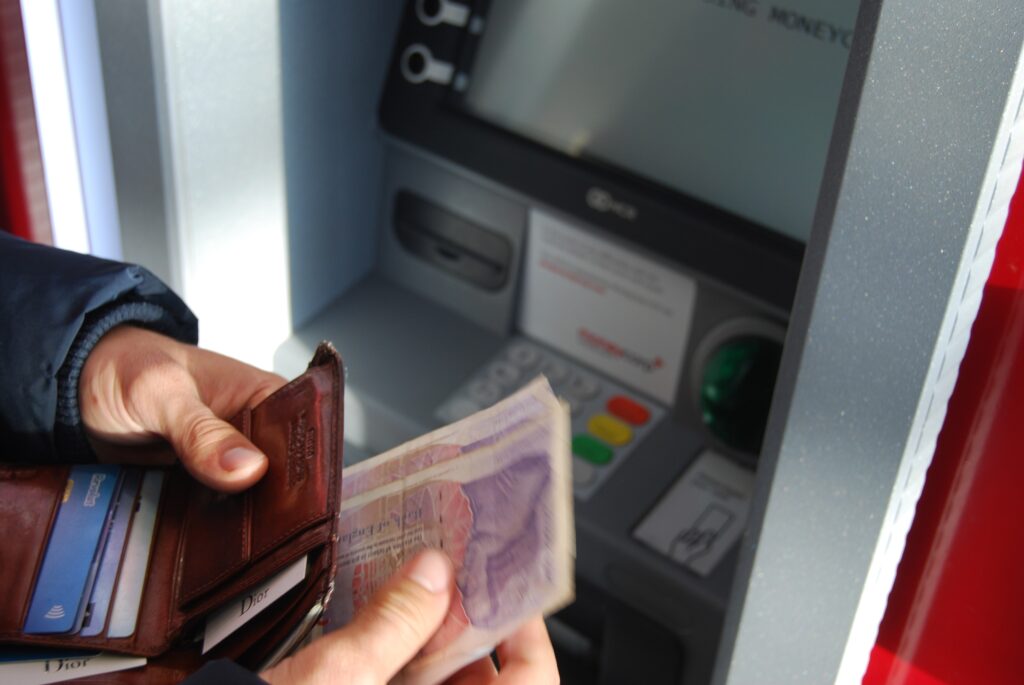
Cash can be paid into your account by you or a third party but the amount is currently limited by CBN, since May 2021, to $5,000 a month. This policy does not apply to electronic transfers currently and is enforced by the banks that provide the dom account.
You should also be aware of other restrictions on cash including what I call ‘ Cash inflow / outflow matching’ which is also imposed by CBN. This rule states that you can only withdraw cash that has been paid in as cash into an account. The funds cannot be transferred from the account once paid in as cash.
This means that you have to monitor closely what you pay in as cash versus transfer and know what the limit is.
Saving and investing
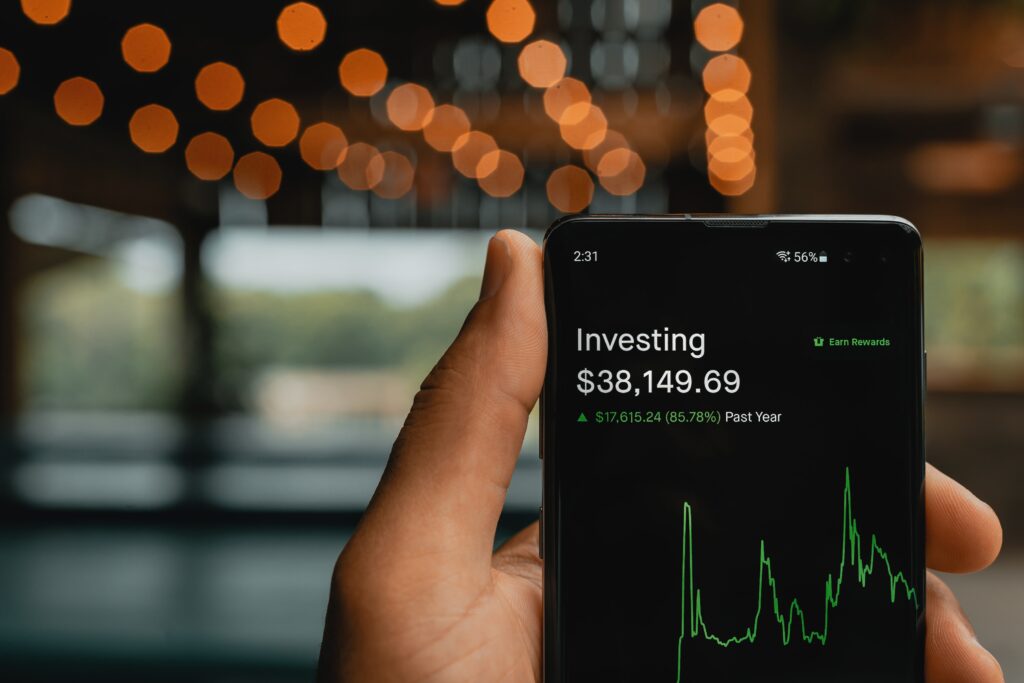
When it comes to holding foreign currency, my advice is to keep it in a dom account as it provides you the flexibility to carry out banking transactions and the security that holding cash does not. Some banks will pay a miniscule rate of interest, if at all, on credit balances in your dom account. This is clearly not your best bet when it comes to saving and investing so you will need to identify other opportunities to make a return.
Options for saving and investing:
- Dollar denominated mutual funds. A wide range of asset management firms provide dollar denominated mutual funds. The benefit of these is that the funds themselves and the fund managers that proivde them are regulated by the Securities and Exchange Commission (SEC) which ensures that rules and regulations relating to funds are followed in order to safeguard customers. The SEC website is a good place to start to identify registered fund managers who provide dollar mutual funds. The performance of all mutual funds, including dollar funds, is published on a weekly basis and will give you an idea of which funds have higher yields to help you choose an investment that will work for you.
- Dollar denominated investments. Fintechs such as Chaka, Trove, Risevest offer options for you to make dollar denominated investments through their websites or apps. Chaka’s key premise is allowing access to other financial markets in order to enable Nigerians invest seamlessly abroad. Following the sanctioning of Fintechs by CBN for contributing to the de-stabilisation of the naira it is not clear if these services are still accessible for now but if they are they certainly provide a great opportunity for you to invest.
One thing to consider is the risk associated with investing through providers that are not registered with a regulatory body. Whilst being regulated does not offer 100% protection to consumers, it does mean that there is (should be) consequence for bad actors and also recourse which could include compensation. Do your research and I strongly advise ensuring that you invest with players that are regulated by a financial or capital market regulator.
A final option is to ask the bank that you hold your dom account with if they offer access to dollar denominated investment opportunities. The benefit is the ease at which you will be able to execute as well as the security of having your bank involved in the process.
Thank you for listening, here’s to your financial wealth!

